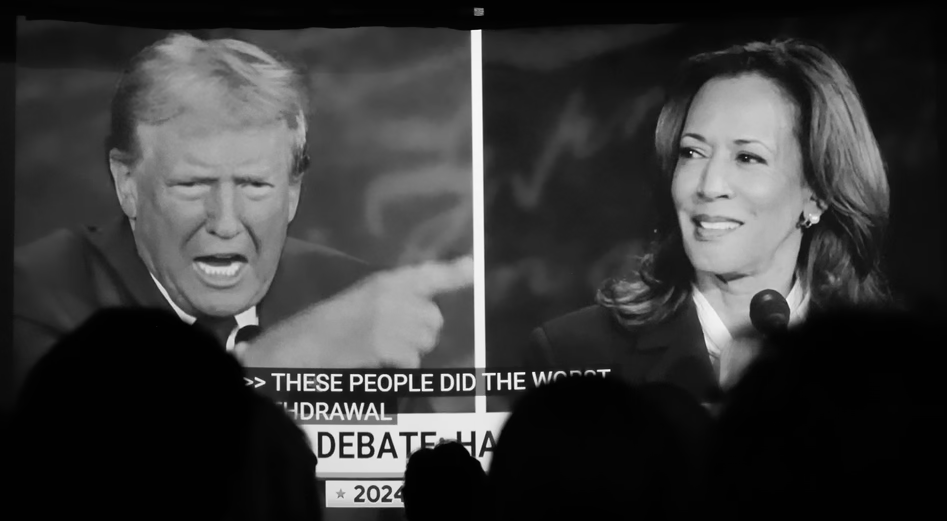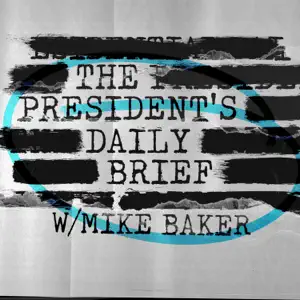
Time to end secret data laboratories—starting with the CDC
The American people are waking up to the fact that too many public health leaders have not always been straight with them. Despite housing treasure…
Thought Leader: Marty Makary

President Trump, in small and unprecedented ways, is punishing media companies more than any leader since America’s founding.
Why it matters: Once considered a bastion for free expression, America’s record on press freedoms has fallen to a historic low, according to Reporters Without Borders. Under Trump’s second presidency, the press is “under siege,” the group argues.
The big picture: Trump is targeting traditional media sources at a moment of tremendous vulnerability for the industry.
In his first four weeks, Trump’s administration has:
Zoom in: These moves, while punitive, are temporary and a new president can easily reverse them. Broader efforts to target media companies by Trump, his administration and a Republican-led Congress recently could be harder to unwind.
Reality check: A strong U.S. legal and regulatory framework makes it difficult for Trump and his regulators to go after media companies without likely having to defend at least some of their actions in court.
Zoom out: Bullying and harassment campaigns, which include everything from lawsuits to name-calling, are often easier and more effective than leveraging presidential powers.
What to watch: Trump on Wednesday signed an executive order that gives him greater power over independent regulatory agencies, including agencies like the FCC that govern media companies.
The bottom line: Trump and his allies have vowed to go after the media if he won reelection. They weren’t bluffing.
This article was written by WWSG exclusive thought leader, Sara Fischer.
Time to end secret data laboratories—starting with the CDC
The American people are waking up to the fact that too many public health leaders have not always been straight with them. Despite housing treasure…
Thought Leader: Marty Makary
David Frum: How Harris Roped a Dope
This piece is by WWSG exclusive thought leader, David Frum. Vice President Kamala Harris walked onto the ABC News debate stage with a mission: trigger…
Thought Leader: David Frum
Michael Baker: Ukraine’s Faltering Front, Polish Sabotage Foiled, & Trump vs. Kamala
In this episode of The President’s Daily Brief with Mike Baker: We examine Russia’s ongoing push in eastern Ukraine. While Ukrainian forces continue their offensive…
Thought Leader: Mike Baker

